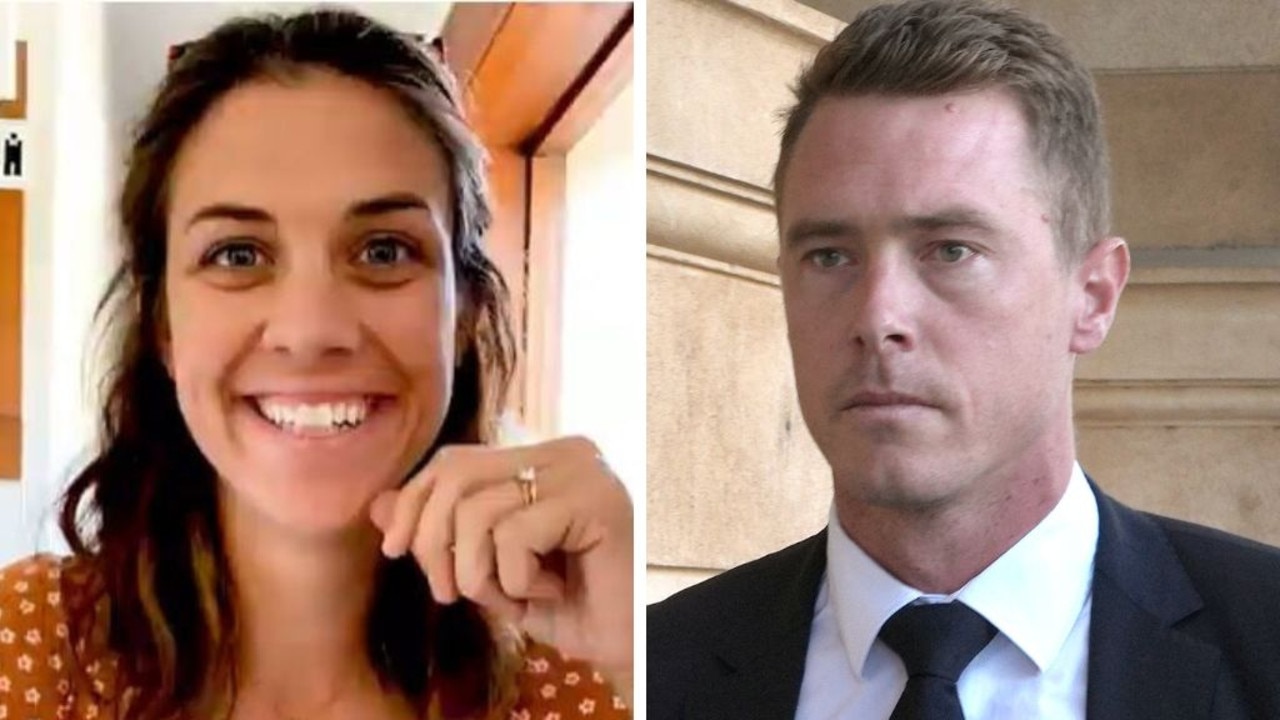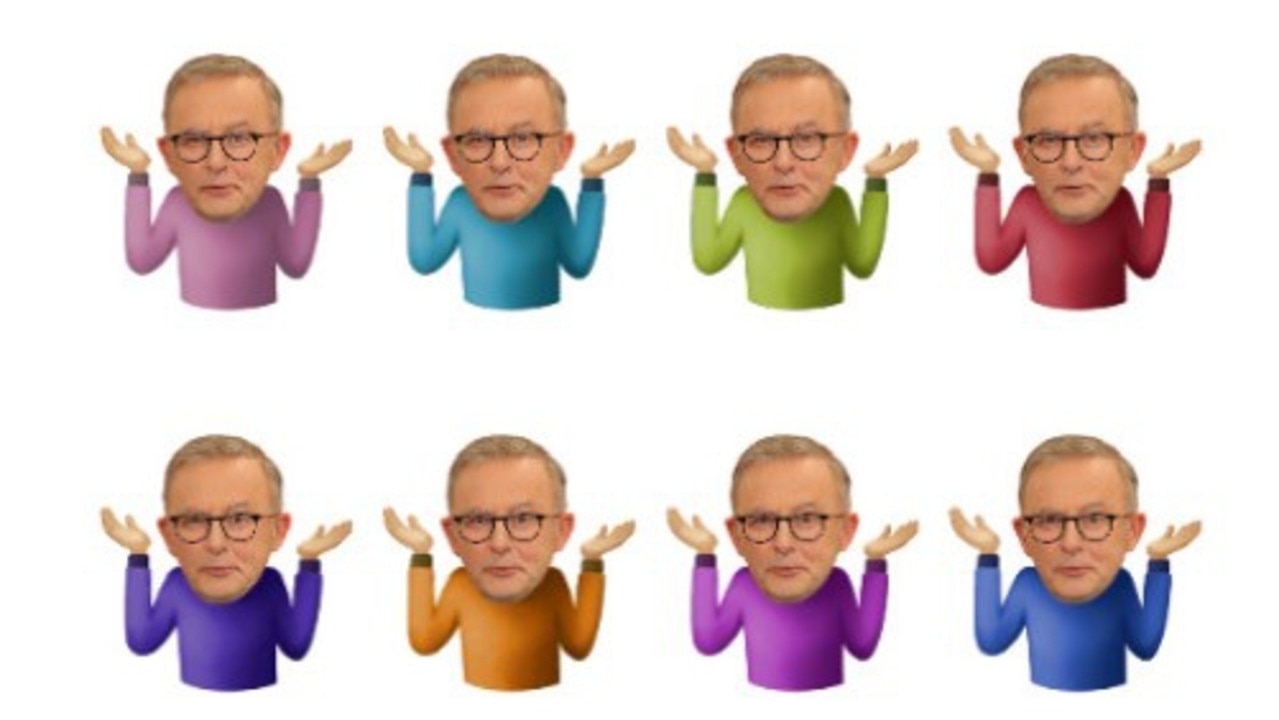Counting Dead Women: The issue we need to talk about
THERE are 34 names on this morbid list, and it grows longer every week. Each addition leaves more Australians in unimaginable pain.
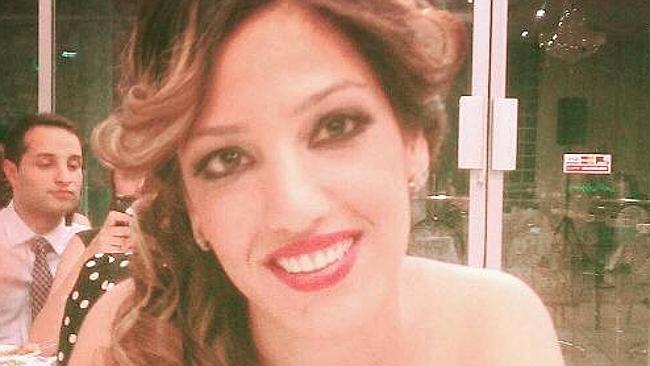
National
Don't miss out on the headlines from National. Followed categories will be added to My News.
LEILA Alavi was turned away from a dozen places of refuge before she was stabbed to death with a pair of scissors.
Her story is not as unusual as we’d like to think.
Jenna Price, along with others, has undertaken the grim task of compiling a list of all the Australian women who die violent deaths. Most are victims of domestic violence.
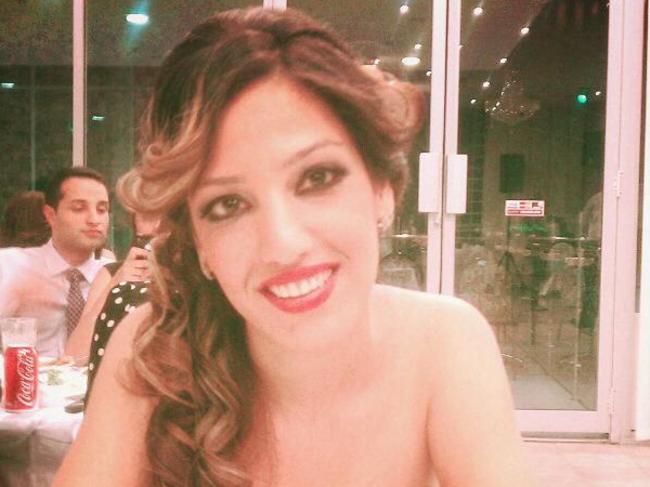
The project, Counting Dead Women, has already recorded 34 deaths this year - you can read the full list of names on Facebook.
Ms Price says it’s devastating that large sections of the community appear to “accept” violence against women as a fact of life - particularly in the wake of Sunday’s much-publicised fight involving boxer Floyd Mayweather, who has a long record of domestic violence.
“I wonder if all the people who watched that fight yesterday realised that he was able to get lots of practice hitting his wife,” Ms Price tells news.com.au.
“I would not pay to watch that man, I would not employ him ... He should not be celebrated, he should be despised.”
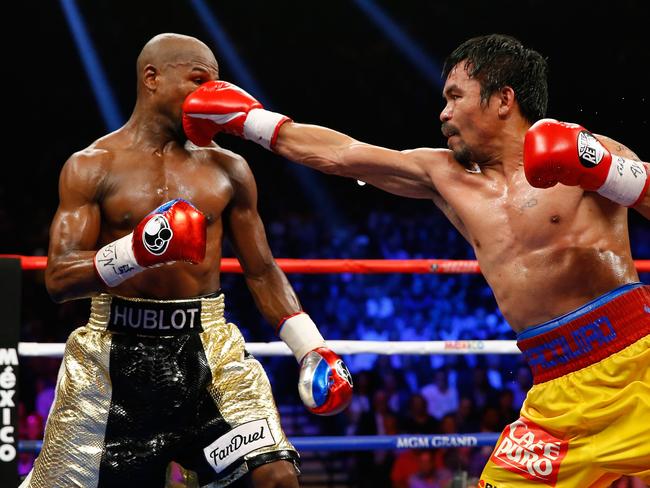
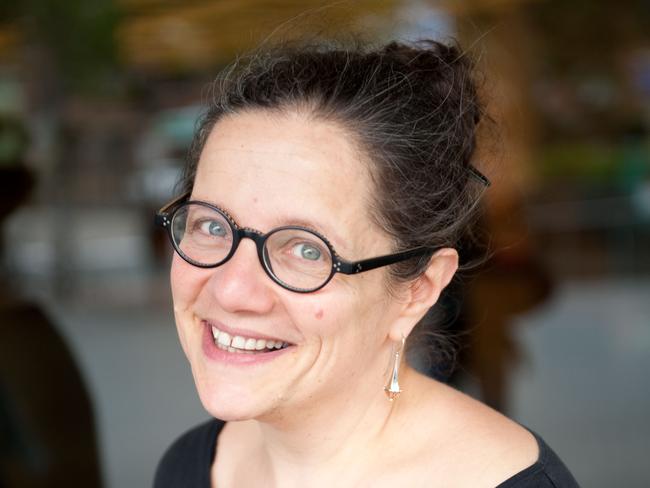
Instead of being viewed as hero, Ms Price said Mayweather should be seen for what he is.
“So he's not this great guy ... He has used his power to abuse her.”
Mr Mayweather, the world’s highest-paid athlete, will earn more than $100 million from the fight.
Ms Price commented on the violence inflicted upon women ahead of a community vigil for Linda Locke, the 34th woman to die in domestic-violence related assault this year.
Ms Locke, 51, died in hospital two days after suffering serious head injuries, serious bruising and a collapsed lung. Her de facto partner, Jamie Walker, has been charged with assault occasioning grievous harm. Police expect to lay further charges.
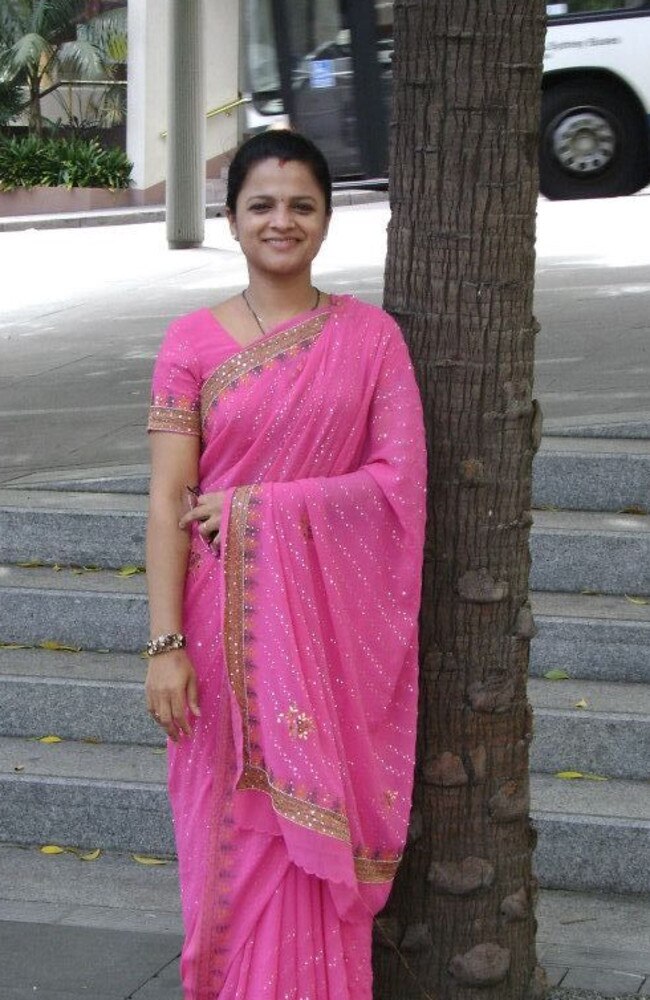
“Counting Dead Women was begun in 2012 in the UK and at the time we thought we wouldn’t need something like that here.”
But last year — as more and more women fell victim to violent crime — she and several others began the list in Australia.
“It’s utterly depressing we have to count ... But last year we got to 84 deaths recorded.”
Ms Price says she hopes the Counting Dead Women project would serve two purposes — to illustrate the growing number of deaths and to put “pressure” on governments to try and address the issue of domestic violence. She is hopeful they can remove the idea that violence towards women is normal.
“It’s interesting to me that a few politicians think it is part in parcel of life when they can make decisions to protect women.”
Ms Price says decisions need to be made at the highest levels if the community is to combat domestic violence effectively.
She highlights the legislative response to the king hit assaults that plagued Sydney nightspots as one example of how the community and government can respond to a social problem.
“That was for a couple of victims. And here we have 34 people killed so far this year,” she says. As each week passes, the grim list gets longer.
Ms Price opens the paper and visits the police website with a heavy heart, fearing what she might see and read.
“I hope it’s not going to happen but [usually] have a feeling of fear in my heart actually,” she says.
“I think about the families each time, sometimes it’s the children, parents, or neighbours who contact us. The responses are just tragic.”
Originally published as Counting Dead Women: The issue we need to talk about


